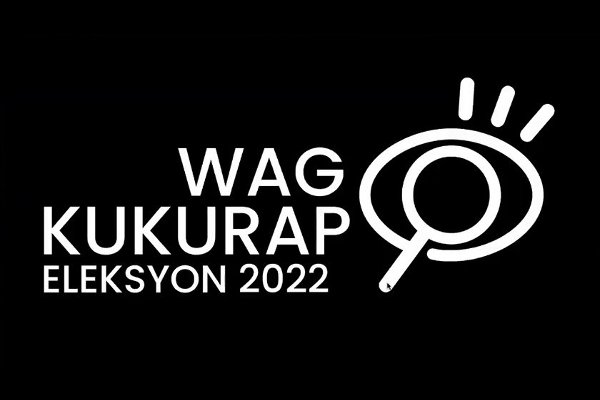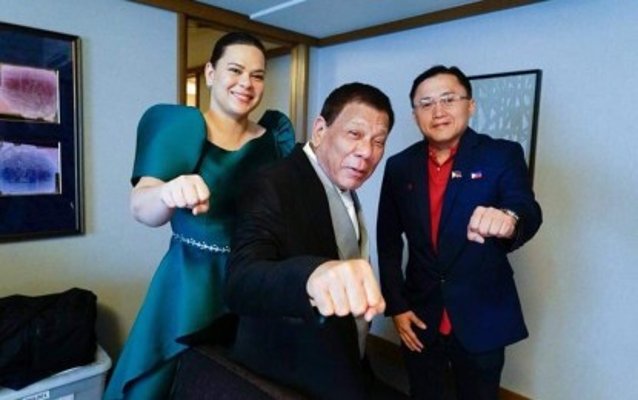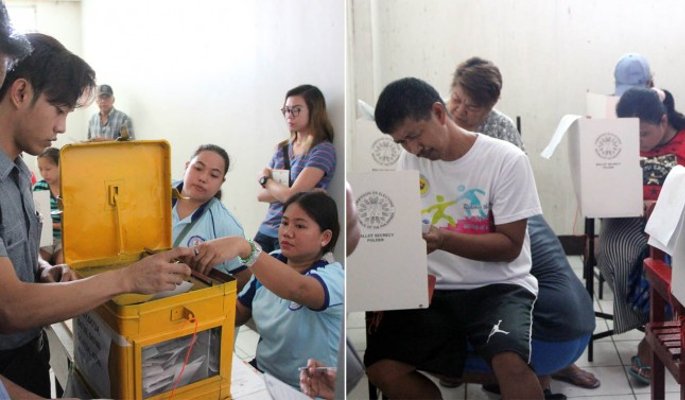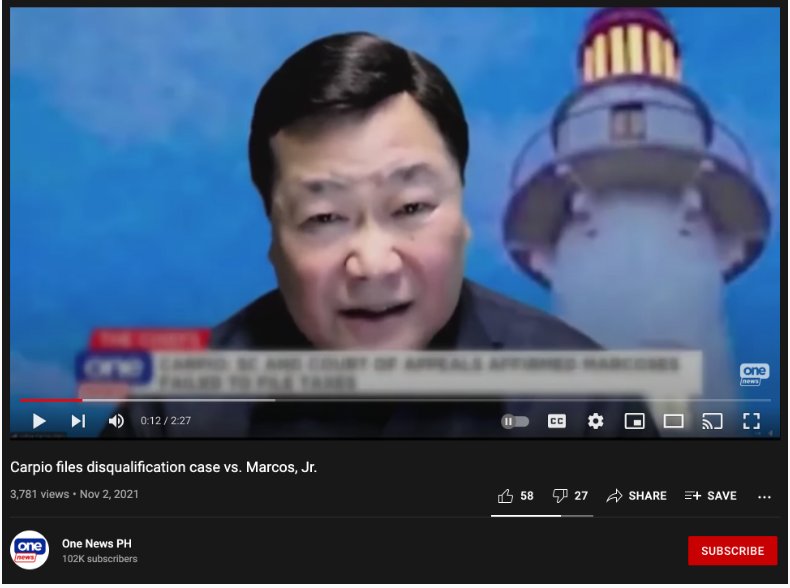More than 800 unopposed candidates are assured of the seat they are vying for in the May 9 elections.
The Commission on Elections (Comelec) Law Department explained that “candidates may be declared elected if they are able to receive a majority or plurality of legal votes cast in the election.” But for a lone or uncontested candidate, “a simple plurality of votes or at least one vote” can make the aspirant win.
Here’s what you need to know about running unopposed in the Philippines:
1. Who are the unopposed candidates?
The phenomenon of candidates running unopposed is “by itself just a natural consequence of a democratic system,” lawyer Michael Yusingco said in an interview with VERA Files Fact Check. Yusingco is a senior research fellow at the Ateneo de Manila School of Government.
Find out who the unopposed candidates are in this infographic:
The Comelec Law Department and Election Records and Statistics Division regularly update the data as they verify information about candidate substitution or withdrawal.
2. Why does it matter?
While Yusingco considers it a “normal consequence” in democratic elections, he lamented that the Philippines has “too many” unopposed candidates. “[This] is an indication of a failing democratic system,” he said, “because the public does not have the space or interest to run anymore against those candidates.”
The abundance of unopposed candidates demonstrates the dominance of political dynasties in the Philippines, Yusingco noted. According to the Inter-Agency Task Force on Federalism and Constitutional Reform (CORE), a political dynasty exists when:
“…a family whose members are related as a spouse, and up to the second degree of consanguinity or affinity, whether such relations are legitimate, illegimitate, half, or full blood, maintains or is capable of maintaining political control by succession or by simultaneously running for or holding elective positions.”
Source: Office of the President, Inter-Agency Task Force on Federalism and Constitutional Reform, Oct. 31, 2018
CORE was created by President Rodrigo Duterte in 2018 to draft proposed revisions to the 1987 Constitution. (See VERA FILES FACT SHEET: Draft charter defines, bans political dynasties)
Yusingco said “there is almost a one-on-one correlation between the candidates running unopposed and those candidates being members of fat dynasties.” These families, then, “gain all of the advantages” in the elections by crowding out their competition, he added.
He mentioned the Tans of Sulu as an example of a “fat dynasty.”
The Comelec Law Department and Election Records and Statistics Division regularly update the data as they verify information about candidate substitution or withdrawal.
Data from the Comelec, as of March 18, also shows that the majority of unopposed candidates are incumbents seeking reelection for a second or third term.
The Comelec Law Department and Election Records and Statistics Division regularly update the data as they verify information about candidate substitution or withdrawal.
Yusingco said the situation shows the pitfalls of the country’s political party system, arguing that “genuine democratic political parties … would always strive to field a candidate.”
As a result, he said, most Filipinos take part in the elections only through voting and that they do not aspire to join political parties espousing advocacies that align with their principles.
Legally, however, the Philippines cannot pass a law that will ban unopposed candidates because it would be “undemocratic and unconstitutional,” according to Yusingco.
“What we lack is a law that regulates the participation of political dynasties in our elections,” he said.
The 1987 Constitution states that there must be “equal access to opportunities for public service,” and thus, political dynasties, as “may be defined by law,” are prohibited.
Since the reconvening of Congress in 1987, several anti-political dynasty measures have been filed both in the Senate and the House of Representatives, but none has reached the plenary for debates.
In the most recent bill filed by Sen. Grace Poe on May 4, 2020, a political dynasty is defined as “the concentration, consolidation, and/or perpetuation of political powers by persons related to one another within the second degree of consanguinity or affinity.”
Poe proposes to prohibit any person with a political dynasty relationship with any incumbent elective official “to succeed or replace” the incumbent and “to run simultaneously” for barangay, city, municipal, district, or provincial position in the same area.
At the national or local level (as mayor, governor, or district representative), Poe suggests that spouses and second-degree relatives cannot run at the same time for the said positions “in any part of the country.”
Apart from pushing for a law that regulates political dynasties, Yusingco said democratic elections in the Philippines should be coupled with political will and voter participation.
(See VERA FILES FACT SHEET: The Filipino vote in May 2022)
Have you seen any dubious claims, photos, memes, or online posts that you want us to verify? Fill out this reader request form.
Sources
Commission on Elections, Personal Communication (email)
Michael Yusingco, Personal Communication (call)
Official Gazette of the Philippines, The Constitution of the Republic of the Philippines
Official Gazette of the Philippines, The Local Government Code Of The Philippines
Office of the President, Inter-Agency Task Force for Federalism and Constitutional Reform, Prohibition Of Political Dynasties
Anti-political dynasty bills filed in the 18th Congress
- House of Representatives, House Bill No. 145
- House of Representatives, House Bill No. 110
- Senate of the Philippines, Senate Bill No. 1480
- Senate of the Philippines, Senate Bill No. 264
- Senate of the Philippines, Senate Bill No. 30
- Senate of the Philippines, Senate Bill No. 11
(Guided by the code of principles of the International Fact-Checking Network at Poynter, VERA Files tracks the false claims, flip-flops, misleading statements of public officials and figures, and debunks them with factual evidence. Find out more about this initiative and our methodology.)






